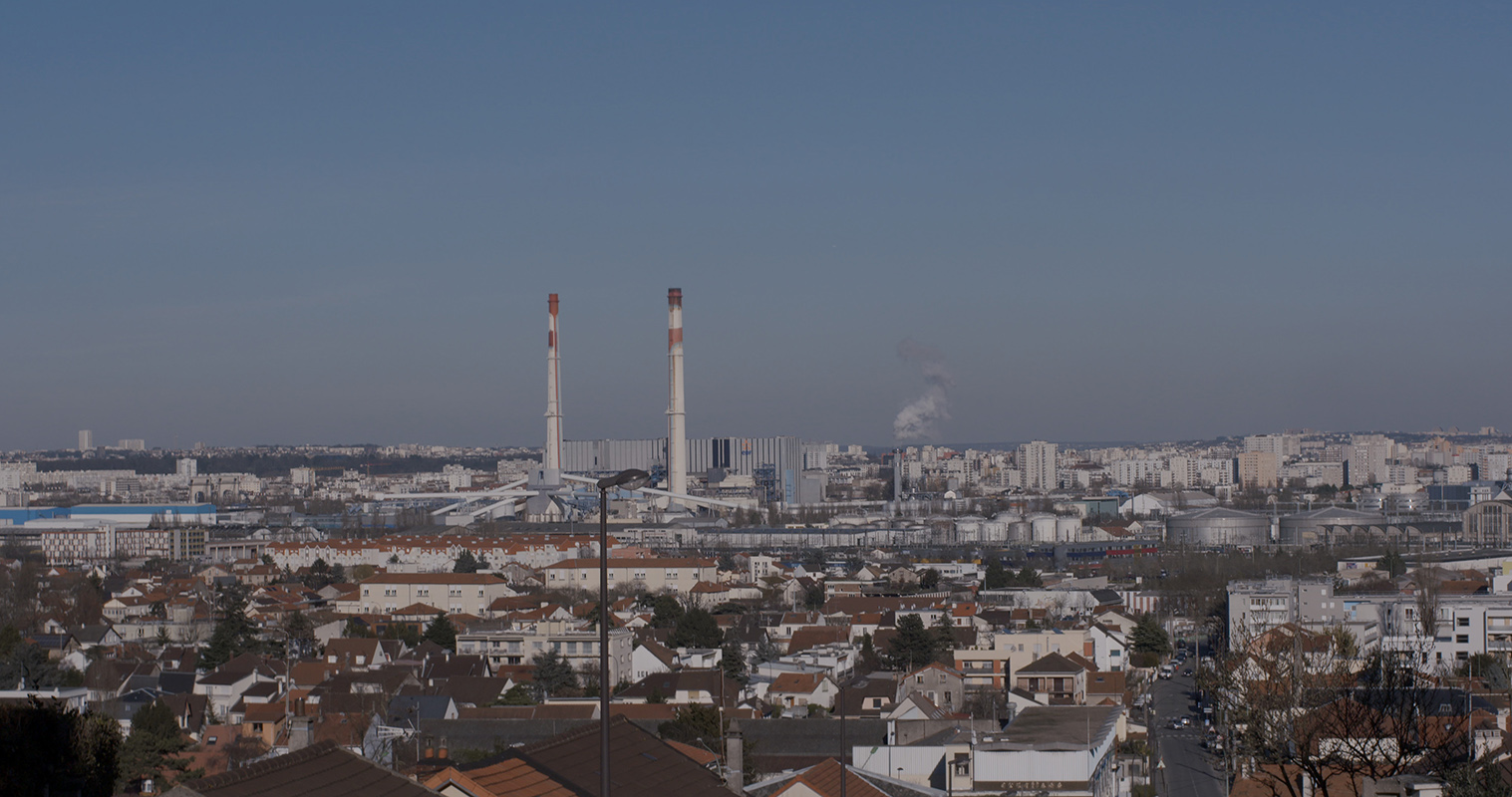Also Known As Jihadi
In samenwerking met STUK, de Onderzoeksgroep Algemene Literatuurwetenschap en Culturele Studies, Lieven Gevaert Centre & het Hoger Instituut voor Wijsbegeerte (KU Leuven).
Courtisane is een platform voor film en audiovisuele kunsten. In de vorm van een jaarlijks festival, filmvertoningen, gesprekken en publicaties onderzoeken we de relaties tussen beeld en wereld, esthetiek en politiek, experiment en engagement.
Courtisane is a platform for film and audiovisual arts. Through a yearly festival, film screenings, talks and publications, we research the relations between image and world, aesthetics and politics, experiment and engagement.
In samenwerking met STUK, de Onderzoeksgroep Algemene Literatuurwetenschap en Culturele Studies, Lieven Gevaert Centre & het Hoger Instituut voor Wijsbegeerte (KU Leuven).

Also Known As Jihadi follows the progress of a young man’s journey from France to Syria and back to France, where he is incarcerated for allegedly joining Daesh. Based on real events and drawn from thousands of pages of judicial documents, this cinematic work employs landscape theory (fukeiron in Japanese). This theory originated in the film aka Serial Killer (1969) co-directed by Masao Adachi, who was the subject of an earlier film work by Baudelaire, The Anabasis of May and Fusako Shigenobu, Masao Adachi, and 27 Years without Images (2011). In Also Known As Jihadi, the character’s paths to radicalism are rendered purely through a series of landscape shots at locations traversed by the subject: a biography determined not by what the subject did, but by what the subject saw, and one that questions how these landscapes reflect the social and political structures that forms the backdrop of this journey of alienation and return.
French spoken, English subtitles